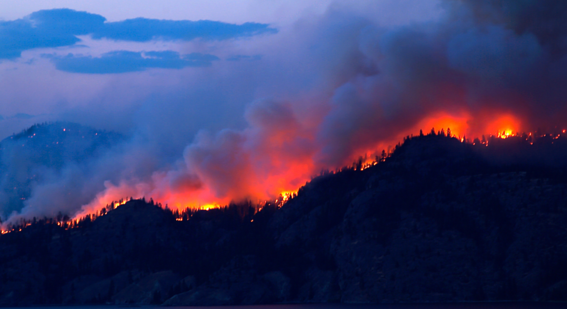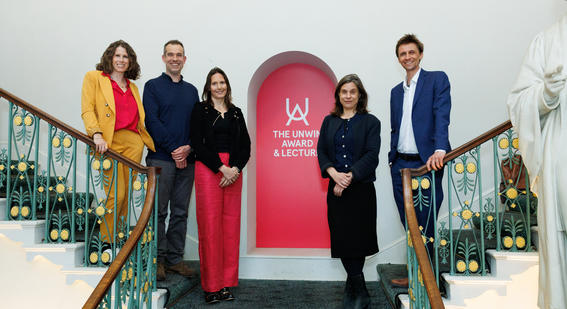Curious about climate education: our academic publishing
In this insight series, Christine Özden, our global director for climate education, explores how academic publishing at Cambridge is informing and inspiring debate on our global climate challenge.

What’s the most important contribution you think we could make?
Christine put this question to two of our colleagues in our academic publishing team: Tristan Collier, channel marketing director for our academic product group, and Matt Lloyd, our publishing director for science, technology and medicine, asking how they see the role of an academic publisher in furthering knowledge about the climate emergency.
Tristan, who works with our climate-related titles, noted we've been publishing in this area for a very long time. He sees three aspects to our role informing the debate and knowledge on climate. “The first one is the climate science: keeping that up to date. The second is about impacts: how is industry, society, governments, countries affected? The third is solutions to these problems. We are publishing across all three of these areas.”
Given the climate emergency, Christine asked if we are publishing the policy debate, economics, governance aspects as well as the science at a fast enough pace. “Don't we need more immediate guidance and knowledge?”
Matt acknowledged books take longer to produce, but emphasised that reviews of leading research are published in book form so are hugely important in shaping debate. Tris added: “The well-established speedy academic publication is the journal article. Cambridge Prisms is a new, open access series exploring the impacts of climate change in extinctions, coastal futures, plastics and water. We’ve also got newer types of publishing, such as Cambridge Elements. These are longer than journal article but shorter than a book so can be published more quickly.”
We believe the climate emergency is one of the most important global issues of our time, and we have a responsibility and the capability to be part of the solution. “We are keenly determined that we shouldn't just produce and share knowledge for everyone else. But we need to walk the talk ourselves,” Christine explained.
From his editorial perspective, Matt gave the simple but true answer to the question about the need for more climate publishing: this is a boom area. “We will continue to publish climate related content to improve knowledge, skills, options and contents to inform wider debate, policy and action.” And Tris agreed: “Our academic research as well as our trade list – titles you can pick up in any bookshop – for a range of ages is where we can influence everyone.”
Matt added that "Our climate list includes a mix of award-winning titles such as with Mike Berners-Lee’s There Is No Planet B and the market leading higher education level textbook Introduction to Modern Climate Change. We are also privileged to have published the Intergovernmental Panel on Climate Change reports since 1990, this year publishing its 6th assessment report and last year three open access special reports on their behalf (more about the IPCC collection)."
Our climate list includes a mix of award-winning titles
Christine also asked our editors to pick their top choices for the most important climate related books of the year and why:
“I think it’s really important that the author has been advocating (our transition to 100% renewables without any miracle technologies) for a long time.”
Professor Jacobson from Stanford University, author of 'No Miracles Needed: How Today’s Technology Can Save Our Climate and Clean Our Air', has spent years making the case that wind, water and solar power can provide 100 per cent of the world’s energy.
ISBN: 9781009249553
“The book is about economics and diplomacy, as well as the science, on how can we make changes five times faster to reach the target of staying below 1.5 degrees of temperature increase.”
A review in The Guardian says 'Five Times Faster: Rethinking the Science, Economics, and Diplomacy of Climate Change' provides desperately needed hope that we can speed up efforts to avoid disaster.
ISBN: 9781009326490
For Earth Day 2023 on 22 April, our academic publishing team is offering time-limited special access to some of our best climate-related publications. Find out more about our earth and environmental-sciences collection on Cambridge Core, the digital home of academic content.





